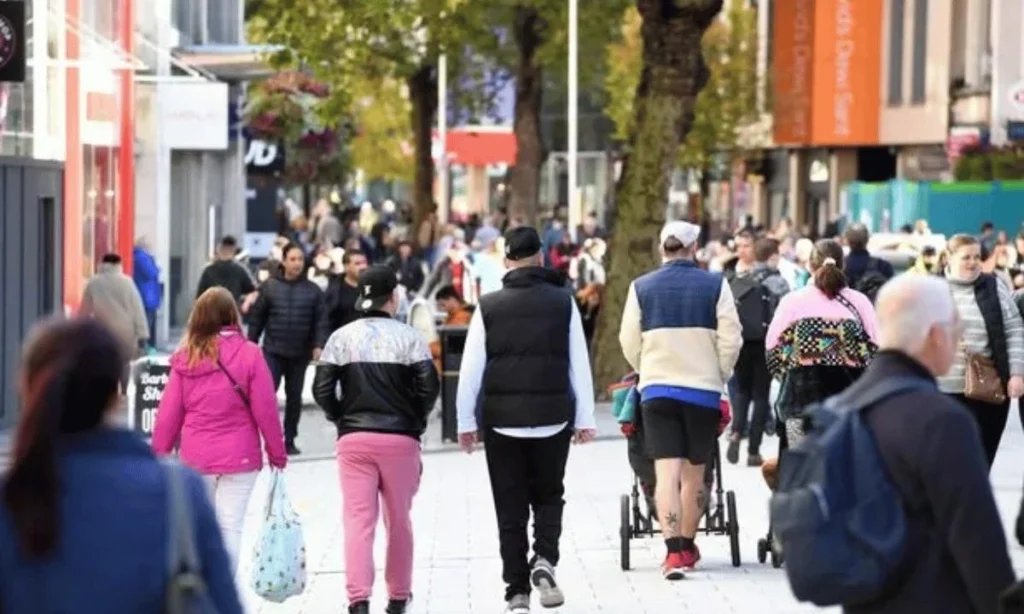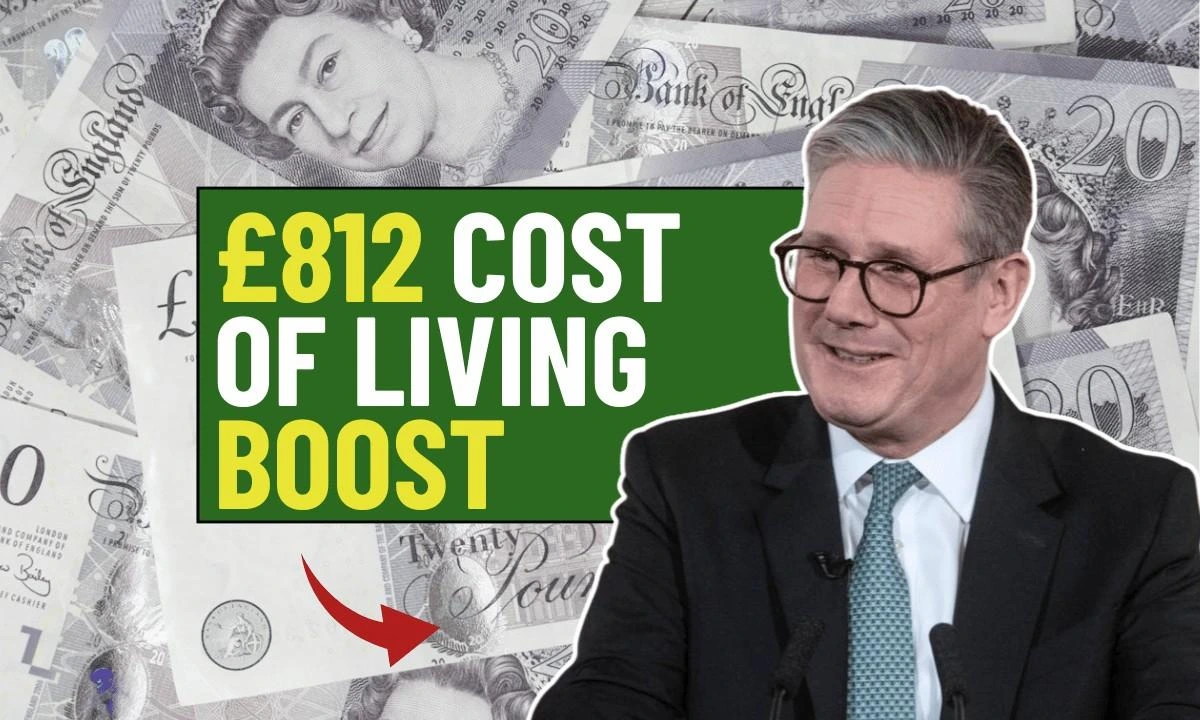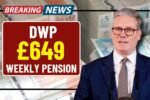Families across the UK are still battling with the rising cost of everyday life, from higher food bills to expensive energy charges and rent increases. To help ease the pressure, the government has confirmed a one-off £812 cost of living payment that will go out in September 2025. This support aims to give struggling households some breathing space as inflation continues to bite.
What the £812 Payment Means
The £812 support is a direct payment from the Department for Work and Pensions (DWP) and HM Revenue & Customs (HMRC). It is not a loan or something that needs to be repaid. Instead, it is designed to give quick help to people already receiving certain benefits so the money goes straight to those who need it most. This payment builds on previous rounds of support such as the £650 in 2022 and the £750 in 2024. Each time, the amount has been adjusted to reflect rising costs. Official details can be found on the UK Government’s Cost of Living page.
Who Will Qualify for the Payment
The payment is aimed at people who were already getting specific benefits during the qualifying period. These include Universal Credit, Pension Credit, Income Support, income-based Jobseeker’s Allowance, income-related Employment and Support Allowance, Working Tax Credit and Child Tax Credit. If you qualify, you do not need to apply separately. The money will be sent to the same bank account where you normally receive your benefit payments, making the process automatic and simple.
Extra Support for Pensioners

Pensioners who receive Pension Credit are fully included in this scheme. This is especially important for older people who face higher heating and medical bills while living on fixed incomes. The government is also encouraging pensioners who have not yet claimed Pension Credit to do so before September. Applying in time can unlock the £812 payment along with other valuable benefits such as free TV licences for those over 75, discounts on council tax, and help with energy bills. You can check your eligibility and apply through the official Pension Credit service.
Help for Disabled People
The scheme also recognises the extra costs faced by disabled individuals. Many deal with expenses such as mobility aids, home adaptations, and higher energy use. If you are receiving qualifying disability benefits, you could get the £812 payment along with additional disability cost of living support that was introduced earlier this year.
When and How the Money Will Be Paid
Payments will start going out in September 2025. You will not need to fill in any new forms the money will arrive automatically in your bank account. On your statement, it will appear with the reference “DWP COL” or “HMRC COL.” If you believe you qualify but do not see the payment, you are advised to wait up to two weeks after the final payment date before contacting DWP or HMRC for help. Updates will be posted on the DWP website.
Why the Payment Was Set at £812
Government officials say the figure was chosen to reflect the rise in household costs since the last round of support. The £812 amount sits slightly higher than previous boosts, showing that inflation and energy bills have been taken into account while still keeping the scheme within the government’s budget. Although the value will stretch further in areas with lower living costs, such as Wales or the North of England, it will still offer important help for families in more expensive regions like London and the South East.
Other Support Available
This new payment is just one part of the wider help available. Families may also qualify for the Winter Fuel Payment, the Warm Home Discount, Cold Weather Payments, council tax support and housing assistance. For many low-income households, these schemes together will bring extra relief as the colder months approach.
A Lifeline for Struggling Households
The £812 payment will not solve every financial problem, but it is a meaningful step for millions of people across the country. By targeting low-income families, pensioners and disabled individuals, the government is trying to take some of the pressure off households at a time when costs keep climbing.



